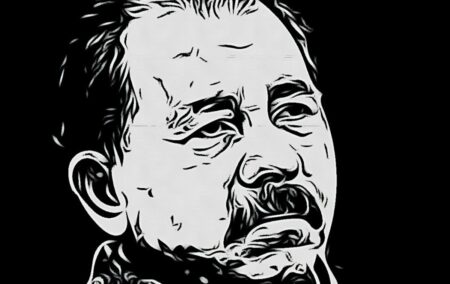Catholic priests in Nicaragua are reportedly being prevented from entering hospitals to administer the sacraments to patients, in what is seen as a further instance of state repression and abridgement of civil liberties.
Nicaragua exists under the increasingly authoritarian rule of President Daniel Ortega and his family. Ortega, head of the Sandinista movement, cut his political teeth and became president of the country in the 1980s. The avowedly left-wing orientation of the government and its warm relations with Cuba and the Soviet bloc attracted the hostility of the US government, which backed an insurgent movement in the country,
Ortega returned to office in 2007 and has proceeded to remove many of the constraints to power. His wife is currently the country’s Vice President.
The government has been cracking down on the political opposition and civic critics, particularly since protests erupted in 2018. The Catholic Church and its various associated arms have been particular targets. Around a quarter of the country’s priests have been forced into exile since 2018.
Pope Francis, generally regarded as sympathetic to the political left, has publicly expressed concern about the situation in the country.
It is unclear just how the measures were conceived – whether they are a legally binding measure, or informal instructions meant to exert additional pressure on the clergy. In rural communities in particular, priests are recognisable and can be denied entry to facilities.
This causes a great deal of anguish to Nicaraguan Catholics in need of spiritual solace when sick or near death.
[Image: by hafteh7 for Pixabay]

